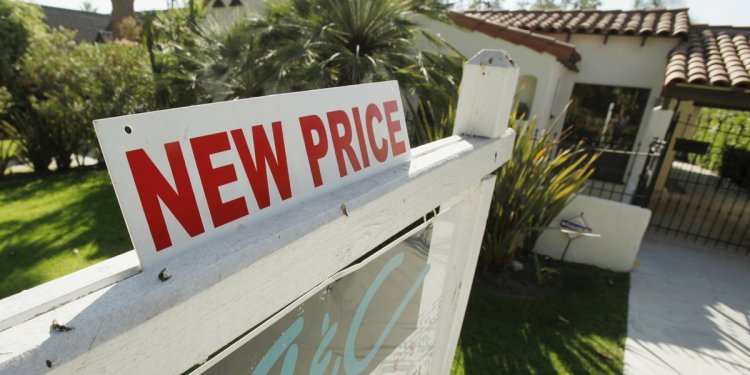
Dallas Home Prices
Dallas-area prices are about 33 percent higher than at the last housing market peak before the recession.
Nationwide home prices are basically back to where they were before the housing market crash and recession, according to the monthly Standard & Poor's/Case-Shiller home price report.
Dallas was one of the top five cities for annual home price gains in October, according to Case-Shiller. Area prices were 8.1 percent higher than a year ago in the latest nationwide comparison.
National home prices were 5.6 percent ahead of October 2015 levels. Seattle, Portland, Denver and Dallas were the markets with the biggest home value increases.
"Home prices and the economy are both enjoying robust numbers, " Standard & Poor's David M. Blitzer said in the report. "However, mortgage interest rates rose in November and are expected to rise further as home prices continue to outpace gains in wages and personal income.
"With the current high consumer confidence numbers and low unemployment rate, affordability trends do not suggest an immediate reversal in home price trends, " he said. "Nevertheless, home prices cannot rise faster than incomes and inflation indefinitely."
Dallas-area home prices are at an all-time high in the Case-Shiller index.
Case-Shiller tracks the prices of typical single-family homes in each metropolitan area. The index survey does not include condominiums and townhouses, and covers only preowned properties.
North Texas home prices have risen about 40 percent in the last four years and are at a record median price of $225, 000, according to data from local real estate agent sales.
"Growth in home prices has been accelerating in recent months, reaching levels not seen in many markets since the housing bubble days, " Svenja Gudell, Zillow chief economist, said in response to the latest Case-Shiller report. "A decade ago, growth in the housing market was driven primarily by loose and predatory lending, speculation and over-building — forces that only served to artificially inflate and overheat the market.
"The growth we're seeing today is, instead, a natural reaction to basic economic fundamentals, " she said. "History is not repeating itself, and there is little risk of that happening as long as the national market continues to be driven by fundamentals."

















